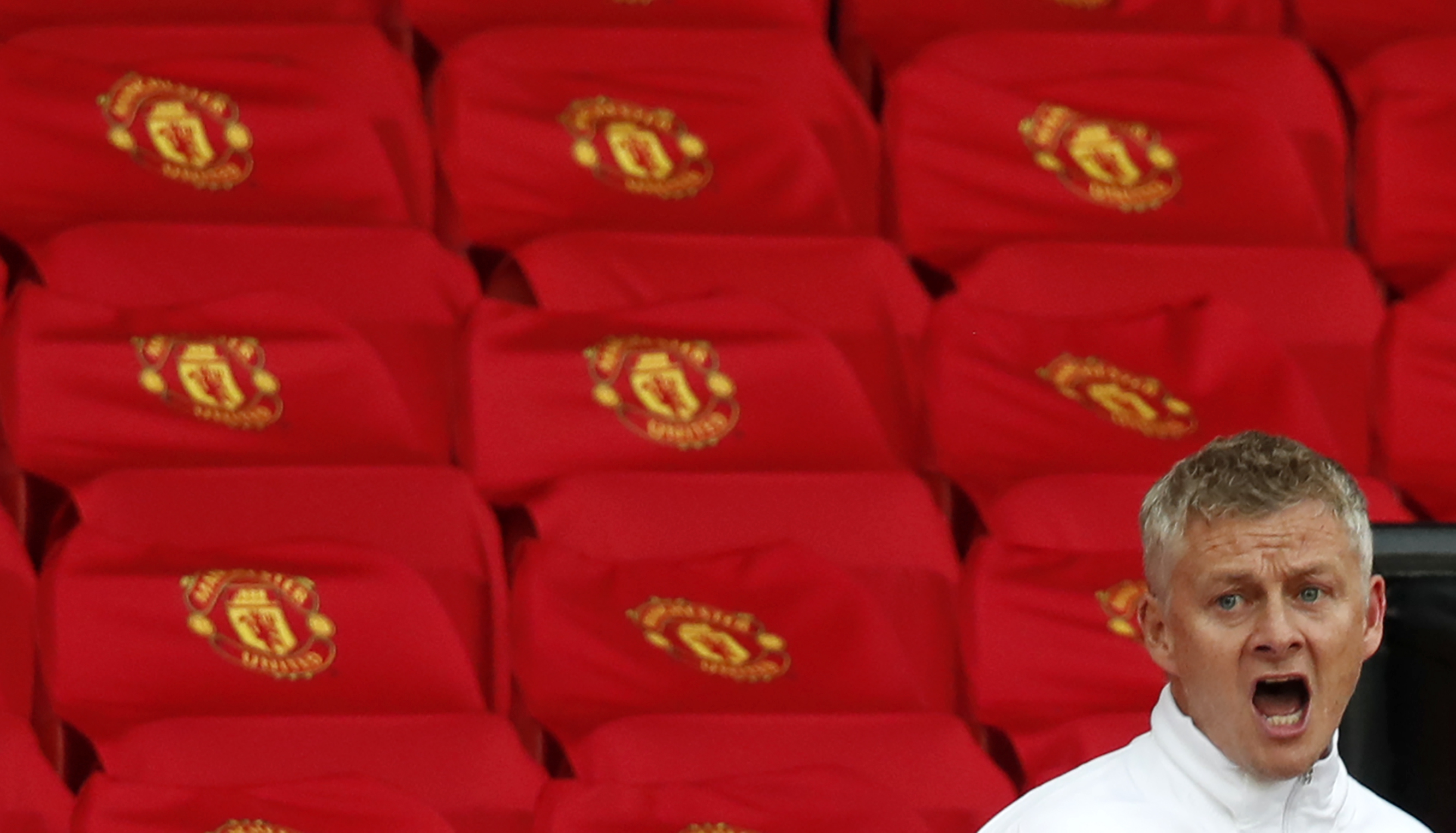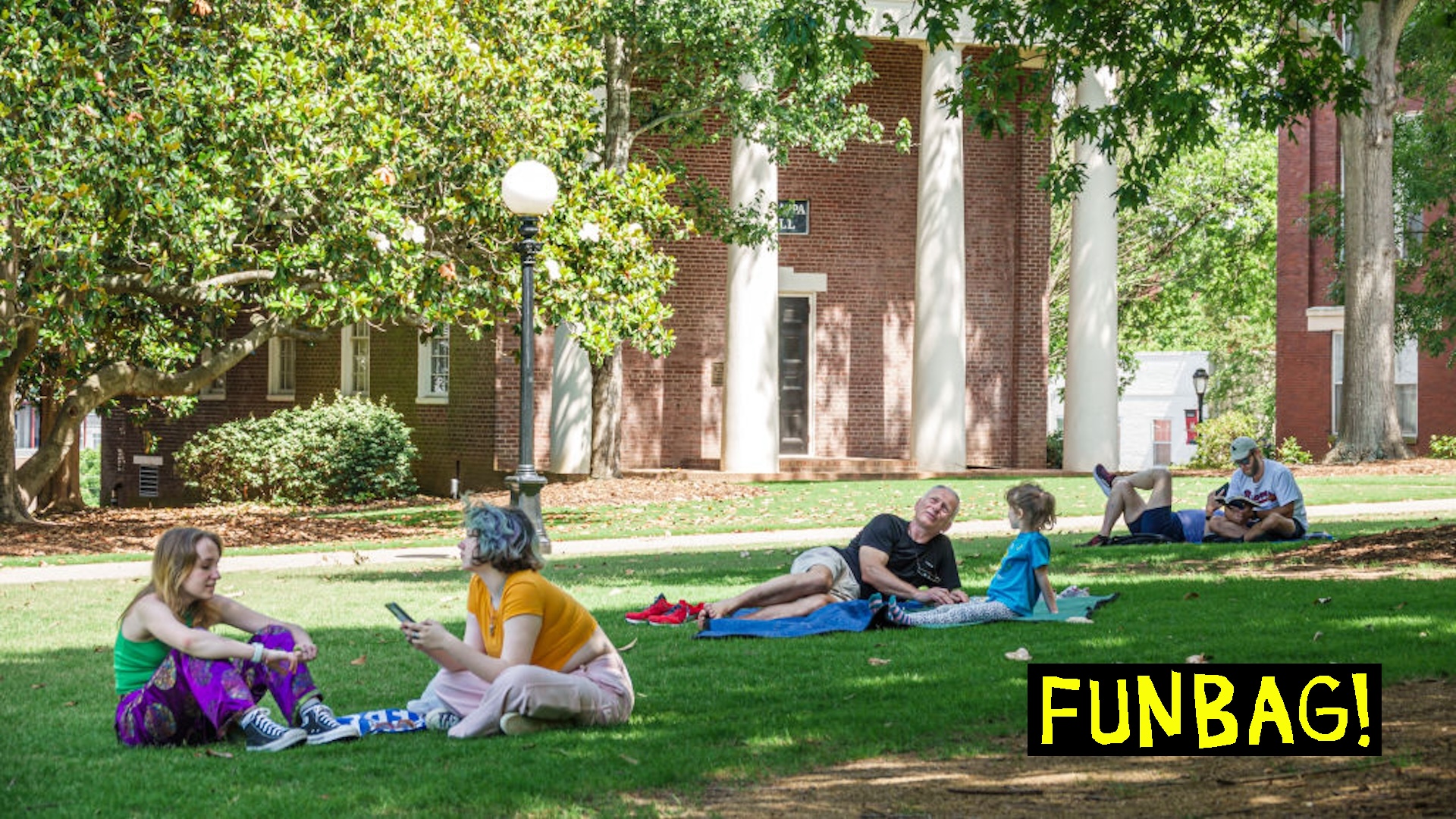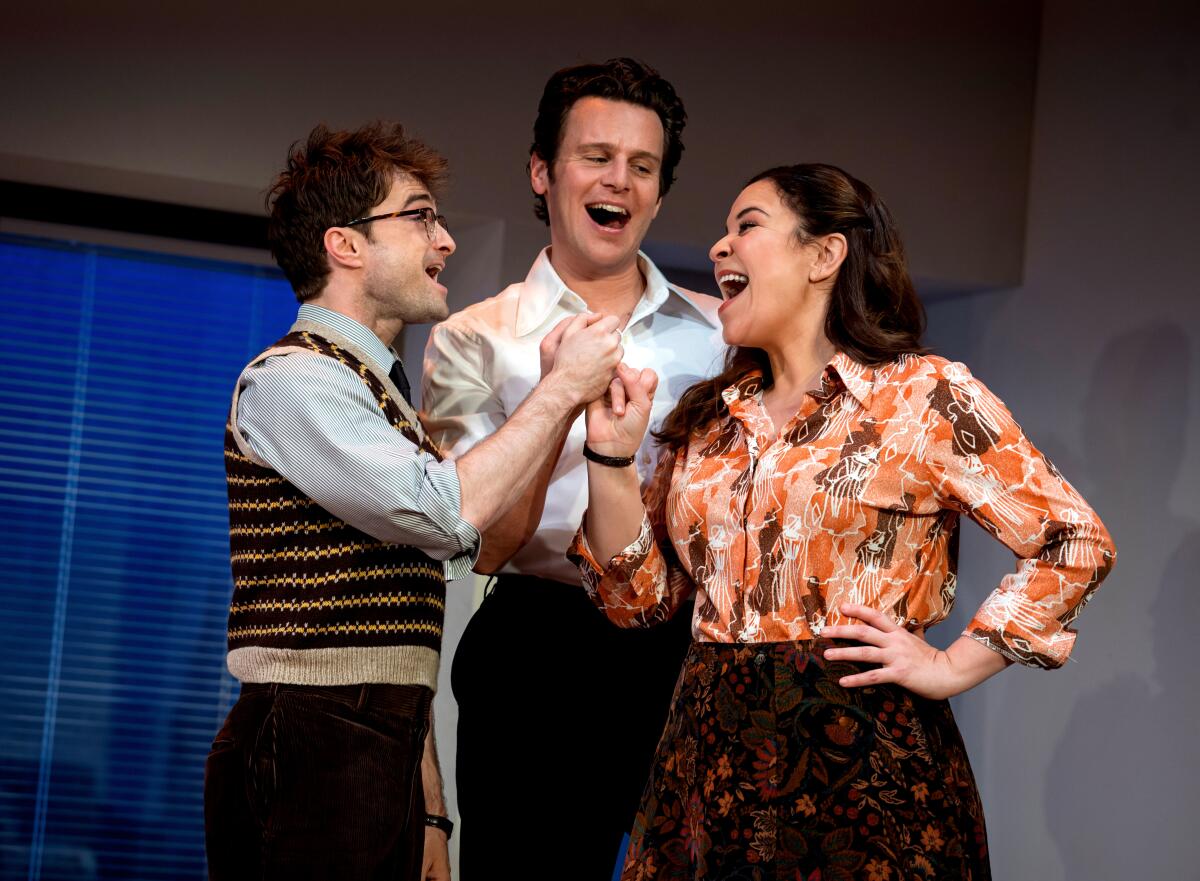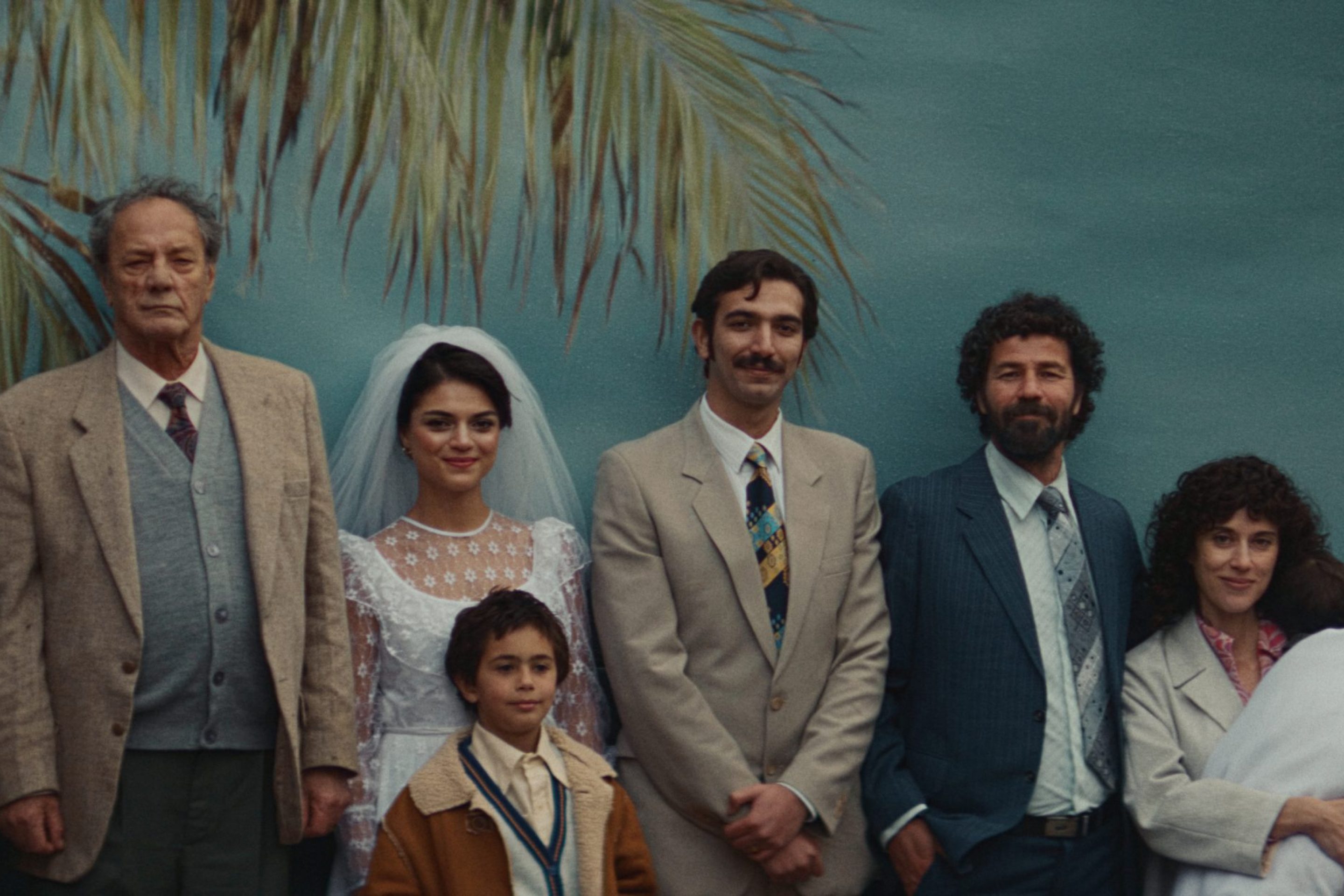In many ways, there isn't much separating Manchester United and Tottenham in 2020. Both are amongst the biggest and best clubs in England, though the two are closer to the lower end of league's contender tier than its top. Both are realistic candidates for a spot in the Champions League places, though if either came up short it would be no great surprise. (Indeed, the two club's league positions since Alex Ferguson retired are remarkably similar, with Spurs averaging 4.1st place and United 4.7th over the past seven seasons.) Both clubs even entered into the new season with similar squad needs, and were linked to some of the same players—namely left back Sergio Reguilón and forward Gareth Bale.
Both of those players wound up signing with Tottenham, though, and United has yet to make any additions at those positions. And the reason Tottenham has improved its roster while United remains frustrated just might be the only real difference between the two clubs right now: One has acknowledged and accepted its place in the European hierarchy, and the other stubbornly clings to the belief that its club is something different.
The clearest example of this dynamic is Tottenham's signing of Reguilón from Real Madrid. By all reports, the Spaniard's acquisition was a direct showdown between the Lilywhites and the Red Devils. Spurs eventually won out, signing the talented young defender for €30 million, though the contract clauses that accompany that transfer fee had the biggest role in determining where Reguilón eventually ended up.
The main point of contention in the Reguilón transfer was Real Madrid's reported insistence on a buyback clause. Madrid would only sell Reguilón if the sale included a clause that would allow Madrid to buy the player back in either of the next two summers; should Madrid fail to exercise the buyback after those two years, the Spanish club would then have the right to match any future transfer bid Reguilón's new club might accept for him.
These are stringent conditions, to be sure, and they make the deal look less like a permanent transfer and more like a convoluted, high-risk but also high-reward loan. Big clubs sometimes impose these kinds of clauses when selling to smaller clubs as a way of protecting the big clubs' interests. It essentially treats the buying club like a finishing school: Either the player proves himself at the smaller club and returns to the big one, or he doesn't and remains at his new home. (Or the big club buys the player back only to sell him immediately for an even greater profit.) Tottenham was OK with this arrangement, OK with being treated as a stepping stone. United, once a "big club" in reality and still a "big club" in self-conception, refused. And so United kept its pride and Tottenham got the player, and only one of them came closer to achieving their shared goals.
The Bale situation is different than the Reguilón one, but there are still hints of the same underlying phenomenon. Both Tottenham and United are in need of an elite forward, ideally one who can play on the right wing. Bale is—or at least was, since at this point in his career it's unclear what's left of the formerly great forward's game—an elite right winger. Tottenham targeted and signed him, bringing him back to the club where he exploded onto the scene. United, which for years had been pining for the Welshman from afar back when he was at his peak, reportedly kicked the tires on Bale, but eventually refused to go after him in earnest. Instead, the Red Devils have focused their efforts on signing Borussia Dortmund's English wonderkid, Jadon Sancho.
That Tottenham would prioritize signing Bale and United prioritize Sancho makes perfect sense. Though Tottenham can compete with United on the pitch, Spurs are in a whole different galaxy when it comes to financials. Tottenham could never afford a player like Sancho, who reportedly has a price tag of €120 million. Since United does in theory have the money to fish in those waters, the club is smart to pursue the expensive next-big-thing instead of trying to revive the career of the last-big-thing.
But once again, the Manchester club appears to be overplaying its hand out of an undue sense of its own stature. After being open to selling the young phenom earlier in the transfer window, Dortmund has since reiterated its position that Sancho will not leave the club this season out of frustration with United's negotiation tactics. United seems to be treating Dortmund as a lesser club that should jump at the chance to accept United's preferred payment plan—the disagreement between the two clubs over the Sancho transfer being United's insistence on paying a slightly lower fee over a long series of installments, and BVB's desire for the full €120 million to be disbursed more quickly.
United is behaving as if it expects Dortmund to eventually crack under United's "big club" pressure, similar to how Tottenham caved to Madrid's demands. But Dortmund has experience in situations like this, and the Germans look perfectly capable of sticking to their guns. Either United accepts Dortmund's terms or United won't get Sancho. If United ends the transfer window without a new forward, passing on the last-big-thing will look like a big mistake.
As panic starts to set in and the transfer window comes closer to shutting, plus with results like the 3–1 defeat the Red Devils suffered at the hands of Crystal Palace this past weekend, it's certainly possible United will wake up and finally make some moves. Sancho still very well might sign with United in a week or two, and if reports that the club is nearing the signature of Porto left back, Alex Telles, are true, then United will have made a pair of very strong additions ahead of what promises to be an incredibly tough fight for a top four spot.
Nevertheless, as of today Tottenham has done more to improve its roster than United has, and it's largely because Spurs weren't too proud to play the "small club" to Real Madrid's "big club." All of this points to a larger truth, perhaps an obvious one to everyone outside of United's brain trust: As it stands now, Manchester United is closer in stature to Tottenham than it is to Real Madrid. The first step toward reversing that reality is accepting it.






